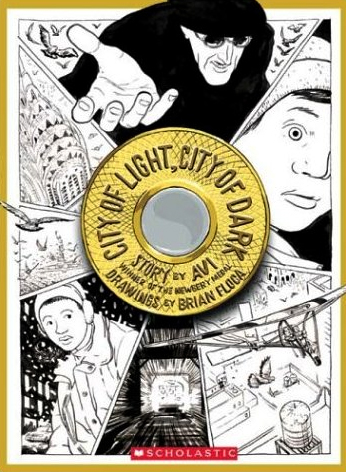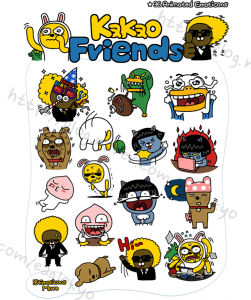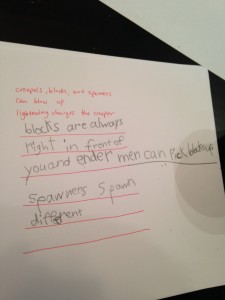Video game obsessions have always mystified me. I grew up in a household where a game console was not welcome and my turn on the computer was closely policed by a thirty-minute timer. I appreciate these rules for what they meant at the time. My siblings and I spent time engaging in many different activities, instead of sitting in front of the tv. When I did spend time with friends or cousins who lost themselves in a video game world I sat on the sidelines, quietly observing, not needing to participate actively.
There are many issues surrounding video game use. The violence issue is prevalent, though somewhat challenging, considering violence pervades every aspect of life, from sport to real-life news. Another is physical health, as the most enduring video games require players to be sedentary. These, and more, issues aside, denying that video games have their benefits is difficult.
Gee (2005) outlines the learning principles that “good” video games employ. Reading these makes complete sense to me. Video games engage students on so many levels. As an English teacher, I want my students to be actively using their minds as much as possible. Granted, I often encourage regular reading and writing and not video gaming, but if these games are getting them to think critically, problem solve, make connections and identify with a narrative – what is the difference? I am certainly not saying that students should be playing games instead of reading or writing. Ideally, there should be a mix of all three…but that isn’t always possible for all kids. I think what I’m beginning to see and promote is the value that can be present in video games. So many students love to play them, and a great deal of adults are quick to denounce their worth. If students are passionate about something, how does it make them feel when their passion is depicted as a waste of time?
As educators, we place value in many different types of narratives, why not video games? What students are interested in is important. In the ELA classroom, we have so much opportunity to give our students choice – why not let them try to design a level of a video game, or make a comparison between a game and a poem? The end product could be extremely rich and rewarding for both student and teacher.





